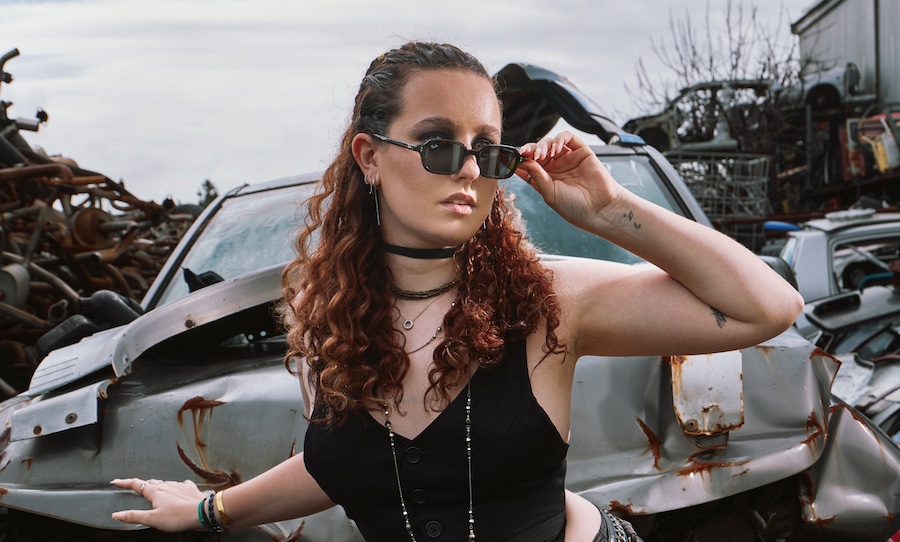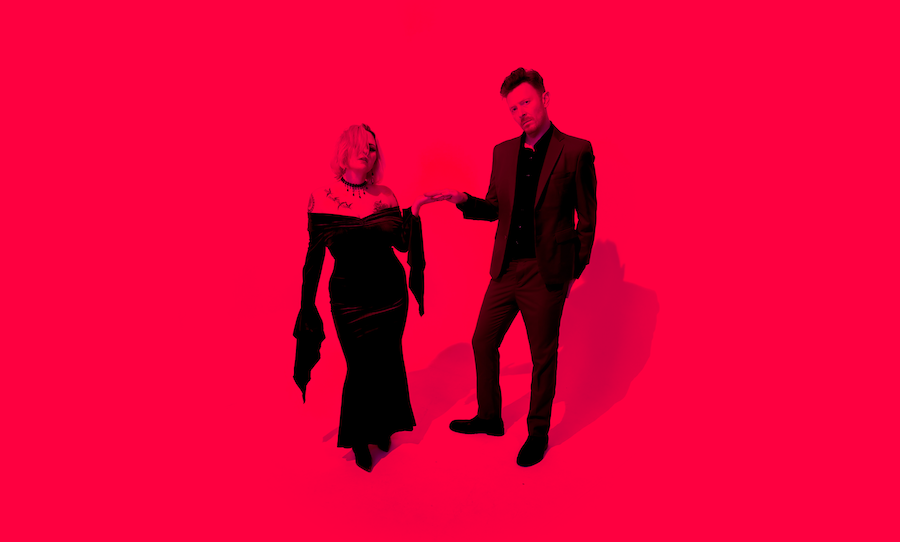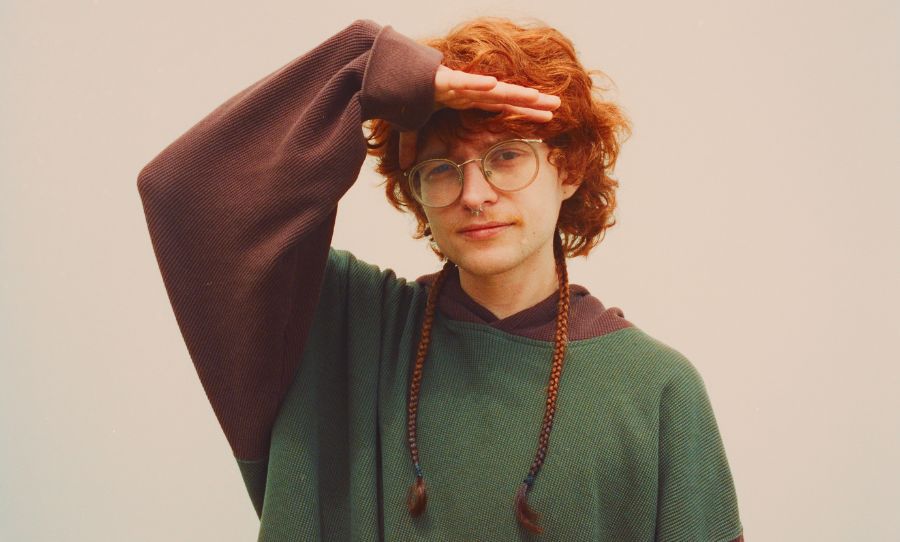Hailing from Martorell, near Barcelona, Alberto Lozano’s musical roots run deep, influenced by both his surroundings and the vibrant energy of the city
His latest album drop ‘Out There for You to See‘ not only showcases Lozano’s growth as an artist but also captures moments of personal introspection and creative exploration.
As he prepares for live performances and continues to evolve his sound, Alberto Lozano remains a compelling voice in contemporary music, offering listeners a heartfelt invitation into his world of melody and meaning.
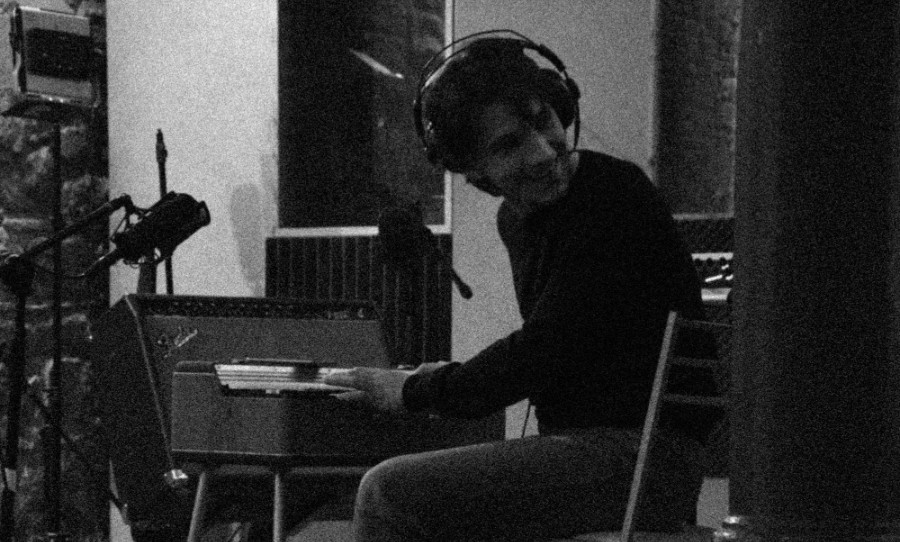
Join us in an intimate and engaging conversation with Alberto.
Happy: What are you up to today?
Alberto Lozano: I’m already working on my next album and hoping it will see the light somewhen next year. I’ve got so many ideas and almost eighty songs written, so I’m in a bit of a hurry to let them all out.
Of course, many other things require my attention now, and these days I’m busy preparing live concerts and promoting the first album, but it helps me to look further down the road and to remind myself of why I’m doing what I’m doing and what brought me here in the first place.
John Mayer really nailed it with the title of his first EP, Inside Wants Out.
Happy: Tell us a little bit about where you live? What do you love about it?
Alberto Lozano: I was raised in Martorell, a 30 minute drive from Barcelona. It’s a small town, built in Roman times in between two rivers, under the ever haunting gaze of the lonely mountain of Montserrat.
Not much happens here during most of the year, but it’s a dear place to me and it’s here where I began writing songs. I moved to Barcelona last year, and that is saying something.
My senses have been broaded since, and I’ve met a lot of interesting people and discovered many music bars where folks just won’t stop playing until they are thrown outside.
Barcelona must be the tiniest megacity in Europe; everything is so dense, people are so close to each other, it’s all taking place in a few kilometers stretch… You either love it or hate it, and I’ve grown to love it in my own way.
Happy: Who are some of your biggest musical influences, and how have they shaped your sound?
Alberto Lozano: In recent years I’ve come to value music more when it’s by an artist-songwriter. Don’t misjudge me, I deeply enjoy great voices like Sinatra, King Cole or Dean Martin, and I can appreciate the marvel of a dance show, but songwriters are on a whole other level.
After all, they are the ones reaching for the unknown, grasping that foggy cloud of sheer creativity and each time bringing down to Earth a three, four minute chord progression and melody that have never been heard.
It never runs dry, there’s always more. Having said that, my musical influences can’t help but be built around the genius of the greatest songwriter couple of all time, Lennon-McCartney, and the followers they raised (Billy Joel, Stevie Wonder, Electric Light Orchestra, etc.).
I too must say that I dig rock and roll in almost all its forms, from Chuck Berry and Elvis to Oasis and Arctic Monkeys, the latter probably being my most direct influence in the album.
But one of my most beloved music heroes and my particular introduction to folk music is Bob Dylan. It really can’t be accurately measured, the shadow he casts on my own songwriting.
Happy: Can you describe a pivotal moment in your career that significantly impacted your musical direction?
Alberto Lozano: I can recall a few of them. The first that comes to mind is convincing my father to buy me a keyboard at the age of eighteen because I desperately wanted to be able to play Bennie and the Jets by Elton John.
I did learn, and taught myself to play the piano, which allowed me years later to write songs with it alongside the guitar. Another moment is watching the Beatles’ Get Back documentary trailer, seeing the Fab Four spending time in the studio and coming up with one of the best albums ever.
I felt jealous. I wanted that, It still guides me. Rediscovering the Beatles in 2020 came with truly connecting with George Harrison, now one of my favourite songwriters and an inspirational force that gives meaning to everything I do and write.
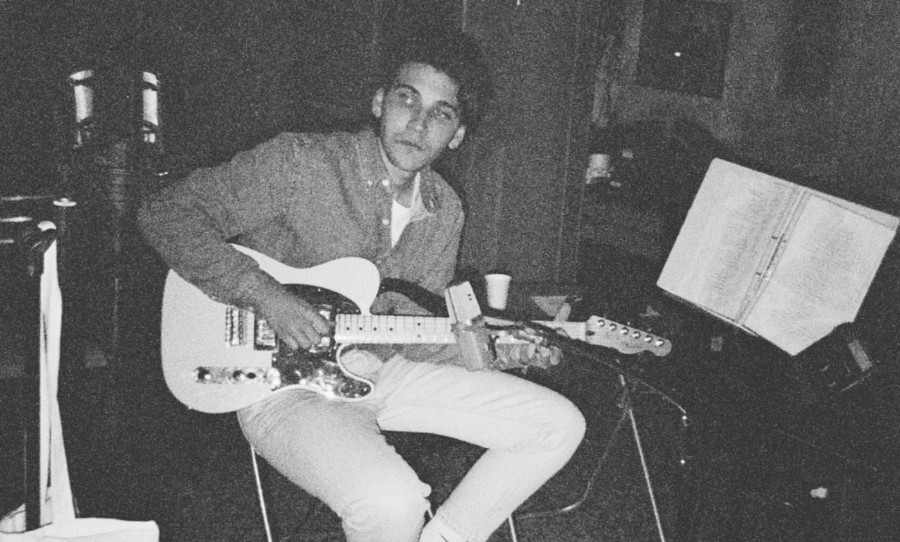
Happy: Tell us about the meaning behind ‘Out There for You to See.’ What does it represent for you and this record?
Alberto Lozano: There’s many takes to it. It began as a message to a friend of mine who was enduring tough times. It’s pretty silly, really. I just wanted to say that life has more for us in store than what we can usually conceive in a short span of time.
It has been said many times before by far wiser people, I’m thinking of the beautiful All Things Must Pass by Harrison. But the essence of it is unchangeable: the answer is not here, it rarely is. It’s out there, somewhere, for you, for me, for us to see.
In the album I’ve come to notice that the phrase has another meaning. My music is out there too, it was inside of me for a long time and now I’ve started pouring it all out, and I don’t intend to quit.
Happy: How important is storytelling in your music, and what stories are you most passionate about telling?
Alberto Lozano: I used to think that music came before lyrics. Many Beatles lyrics like Dig A Pony or I Am The Walrus are complete nonsense and still the songs are absolute bangers, and I dare to say that even these songs have a meaning, an unsought, unconscious type of meaning.
But Dylan changed my mind on that, and through him I learned to acknowledge the poetry in music. My first songs might be dumber but I’m now writing deeper things, I believe.
In this album I would highlight We Are Doing Just Fine, The Day They Dropped the Bomb and This Ain’t a War, which all happen to sound more like Dylan.
Happy: Can you share a particularly memorable moment or story from the making of ‘Out There for You to See’?
Alberto Lozano: This album has been crafted during a period of two years, longer than I would like to admit. When I first arrived in the studio I didn’t have a single clue of what would come from it, I didn’t even know what I wanted to do if I desired to keep music as a hobby or pursue something more serious.
I made up my mind on the journey, and I learned a ton of things on music recording. One of the most memorable anecdotes of this process is that I only chose this particular studio to record because I was immediately appealed by its name, Here Comes the Sound.
I wouldn’t be here and have done everything I have if my producer, Toni Torres, hadn’t also been an unapologetic beatlemaniac. So The Beatles do bring people together, I’m afraid.
Happy: Can you walk us through your typical songwriting process? How do you go from an idea to a finished track?
Alberto Lozano: Ideas can come up anywhere, anytime. Some of them lack potential and I often disregard them, but the best are those which keep coming back at you. If a tune, or a chord progression, or a story theme is good enough you’ll remember it, it will make its way back to you.
You have no choice, really. You don’t create anything, you don’t find these ideas. It seems to me that they already exist in a parallel universe of quantum probability; the song has already been done and it lets itself be approached by you. It welcomes you. When you end up with something that is alright you just know it in your bones.
Then a whole other phase of songwriting unveils, and that is the struggle of recording it. I like to develop the song on my own as much as possible: a clear structure and chord progression, completely finished lyrics, and pre-made tactical decisions on how the song should go -which instruments will play and where and how- and what it should sound like emotion wise.
I first record an acoustic demo of the song and I go through it with my producer, Toni, so we can share some thoughts on the technical requirements of the song -microphones needed, cables, and other stuff he clearly has command over- and after that we begin recording.
Three or four afternoons will do. I play rhythm guitars, keyboards and bass. He does the drums and the lead guitar. Mixing is usually the hardest part for me, a song may flourish or perish there.

Happy: What’s coming up?
Alberto Lozano: Coming up are some more gigs in the near future, either solo or with my band. And as I said before, I’m halfway through my next LP so I plan to spend the rest of the summer wrapping it up.
I’m also working on a cover of the traditional House of the Rising Sun, and expect to release it on digital platforms come September.
Happy: What nuggets of wisdom do you have for up-and-coming musicians looking to carve out their unique sound?
Alberto Lozano: I myself am an up-and-coming musician too, forever in the search of my own sound. I think great artists never really stop looking for it. But I would tell them to write everything down, any idea, any thought worth remembering.
You never know when they can become songs. I would also tell them to pay little attention to the input of people near them. They are probably not your potential audience.
If they don’t like the music you like, why should they like yours? Trust only an intimate, close circle of people around you that really love you and wish you well. But most importantly, above all, trust your vision.
If it’s true, if it’s meaningful, it cannot be wrong.
Happy: Lastly, what makes you happy?
Alberto Lozano: Writing a song, that moment when I crack the code and realize I may have found my way to another tune yet, tops every single sense of pleasure I can experience in any other form.
It makes me genuinely happy, it fills my soul. I could go on like this forever, and I’ll always be grateful for having discovered the secret -my secret- to authentic happiness at a young age.

